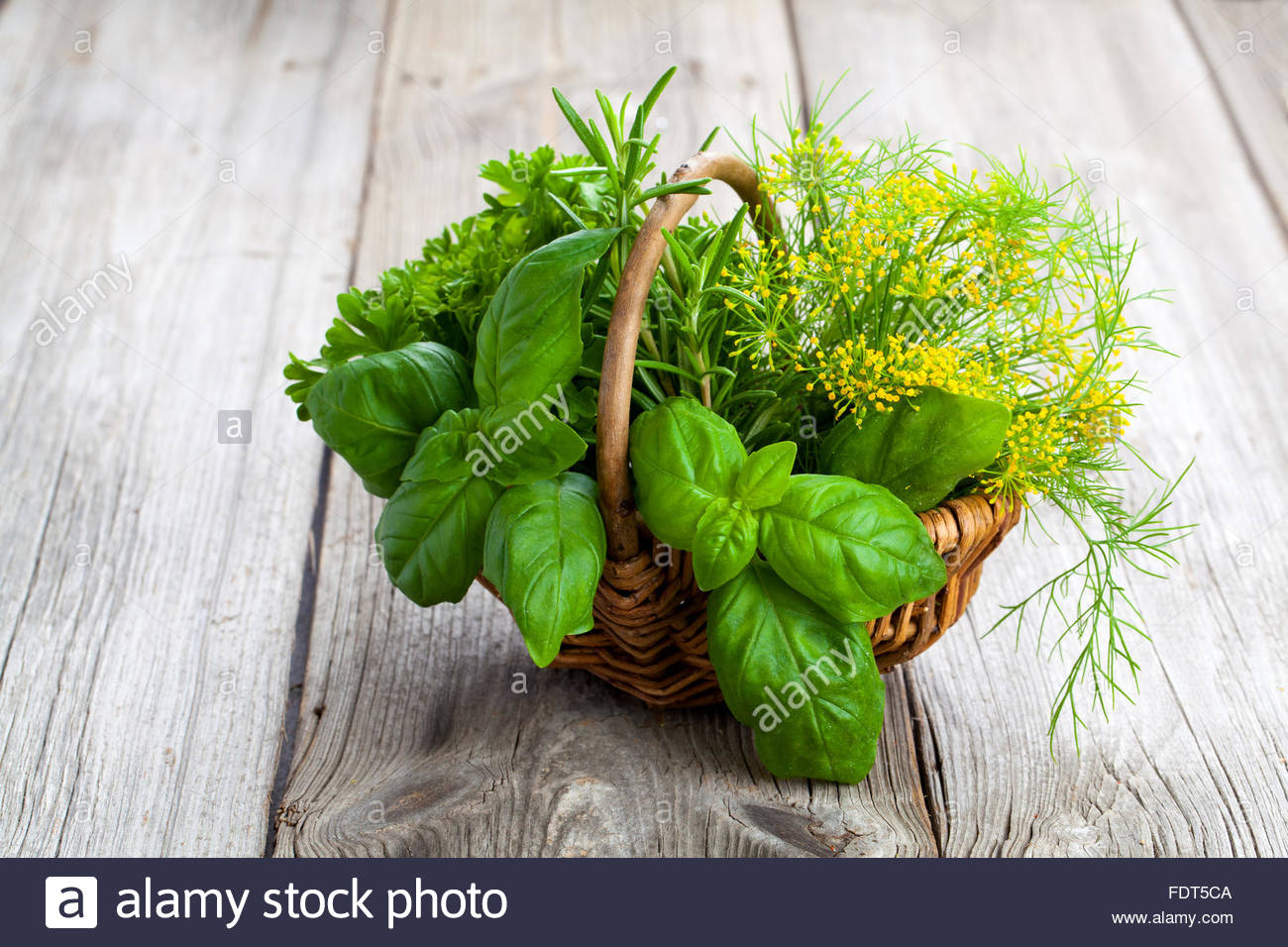Grow the Best Herbs in Small Kitchen Gardens: A Thriving Guide

Imagine transforming your small kitchen space into a lush, fragrant herb garden. Picture the delight of snipping fresh basil for your pasta or plucking mint leaves for a refreshing mojito. Growing herbs in a small kitchen garden is not just about adding flavor to your meals; it's about creating a miniature oasis that brings nature into your home. Let's dive into the world of culinary herbs and explore the best herbs to grow in small kitchen gardens.
Why Grow Herbs in Small Kitchen Gardens?
Growing herbs in small spaces is a rewarding hobby that offers numerous benefits. Not only do you get to enjoy fresh, organic herbs, but you also enhance the aesthetic appeal of your kitchen. Plus, it's a fantastic way to practice urban gardening and connect with nature, even in the heart of the city.
Best Herbs to Grow in Small Kitchen Gardens
Basil
Basil is a versatile herb that thrives in small spaces. It loves sunlight and well-drained soil. Whether you're making pesto or adding a fresh twist to your salads, basil is a must-have in any kitchen garden.
Mint
Mint is another excellent choice for small space herbs. It grows quickly and can be used in a variety of dishes and drinks. From mint tea to mojitos, this herb adds a refreshing zing to your culinary creations.
Parsley
Parsley is a hardy herb that can tolerate a bit of shade. It's perfect for garnishing dishes and adding a burst of flavor to soups and stews. Plus, it's rich in vitamins and minerals, making it a healthy addition to your meals.
Rosemary
Rosemary is a fragrant herb that loves sunlight and well-drained soil. It's perfect for seasoning meats, soups, and stews. Plus, its woody stems and evergreen leaves add a touch of elegance to your kitchen garden.
Thyme
Thyme is a low-maintenance herb that thrives in small spaces. It loves sunlight and well-drained soil. Whether you're seasoning roasted vegetables or adding a subtle flavor to your soups, thyme is a versatile herb that every kitchen garden should have.
Urban Gardening Tips for Small Kitchen Gardens
Choose the Right Containers
When it comes to small space herbs, choosing the right containers is crucial. Opt for pots with good drainage to prevent root rot. You can also get creative with your containers, using anything from mason jars to old teacups.
Lighting Matters
Most herbs need plenty of sunlight to thrive. Place your herb garden near a window that gets at least six hours of sunlight a day. If natural light is scarce, consider using grow lights to ensure your herbs get the light they need.
Water Wisely
Overwatering is a common mistake in indoor herb gardens. Make sure your herbs have well-drained soil and only water them when the top inch of soil is dry. A good rule of thumb is to water your herbs deeply but infrequently.
Fertilize Regularly
Herbs grown in small spaces need regular fertilization to stay healthy. Use a balanced, water-soluble fertilizer every two to four weeks. You can also make your own compost tea for a natural fertilizer option.
Kitchen Garden Ideas for Small Spaces
Vertical Gardening
If you're short on space, consider vertical gardening. You can use wall-mounted planters, hanging baskets, or even a ladder shelf to maximize your space. Vertical gardens not only save space but also add a unique touch to your kitchen decor.
Window Boxes
Window boxes are a great way to grow herbs in small spaces. They provide plenty of sunlight and can be easily accessed for watering and harvesting. Plus, they add a charming touch to your kitchen window.
DIY Herb Garden Kits
DIY herb garden kits are a convenient way to start your indoor herb garden. These kits come with everything you need, from seeds to pots, making it easy to get started. Plus, they make great gifts for fellow gardening enthusiasts.
Conclusion
Growing the best herbs in small kitchen gardens is a rewarding experience that enhances both your culinary adventures and your living space. With the right herbs, containers, and care, you can transform even the smallest kitchen into a thriving herb garden. So, why not start your own indoor herb garden today? Your taste buds and your home will thank you.
FAQs
What are the easiest herbs to grow indoors?
Some of the easiest herbs to grow indoors include basil, mint, parsley, rosemary, and thyme. These herbs are low-maintenance and thrive in small spaces with plenty of sunlight.
How often should I water my indoor herb garden?
The frequency of watering depends on the type of herb and the conditions in your kitchen. As a general rule, water your herbs when the top inch of soil is dry. Overwatering can lead to root rot, so it's important to ensure your herbs have well-drained soil.
Can I grow herbs in my kitchen without sunlight?
Most herbs need plenty of sunlight to thrive. If your kitchen doesn't get much natural light, you can use grow lights to provide the necessary light for your herbs. Grow lights mimic natural sunlight and can be a great solution for urban gardeners.
What are the benefits of growing herbs in small kitchen gardens?
Growing herbs in small kitchen gardens offers numerous benefits, including fresh, organic herbs for cooking, enhanced kitchen decor, and a connection to nature. Plus, it's a rewarding hobby that can improve your mental health and well-being.
How can I maximize space in my small kitchen garden?
To maximize space in your small kitchen garden, consider vertical gardening, using window boxes, or opting for compact containers. You can also choose herbs that are well-suited to small spaces, such as basil, mint, and thyme.


0 Response to "Grow the Best Herbs in Small Kitchen Gardens: A Thriving Guide"
Post a Comment